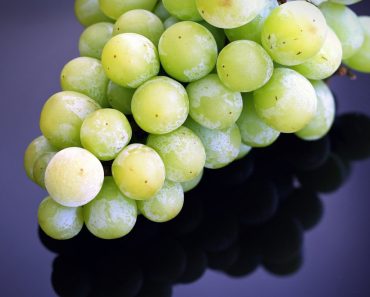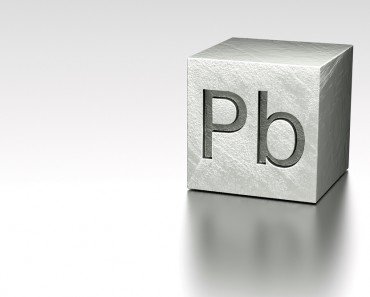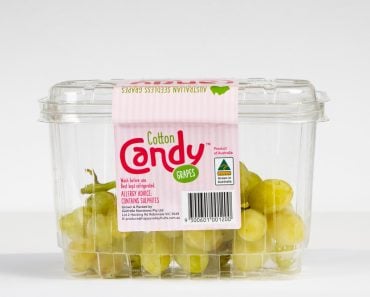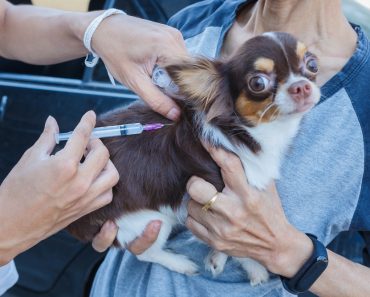Grapes are dangerous for dogs because they can cause digestive problems and may even lead to kidney failure. The reason for this toxicity is presently unknown, but it is believed to be due to the mycotoxin or the salicylate found in grapes. If your dog has consumed grapes, you should contact your veterinarian or pet poison helpline immediately.
If you have a pet dog, you’ll likely agree that dogs aren’t very picky when it comes to food and are likely to eat whatever you offer. If the dog can chew it, dog owners generally assume that it’s good to feed them, but this approach can sometimes turn out to be fatal! As a dog owner, you must remember that the longevity of your dog’s life is dependent on the food you offer. There are certain foods that dog owners usually know are toxic—chocolate, for instance. Unfortunately, many people learn about food toxicity for dogs the hard way.
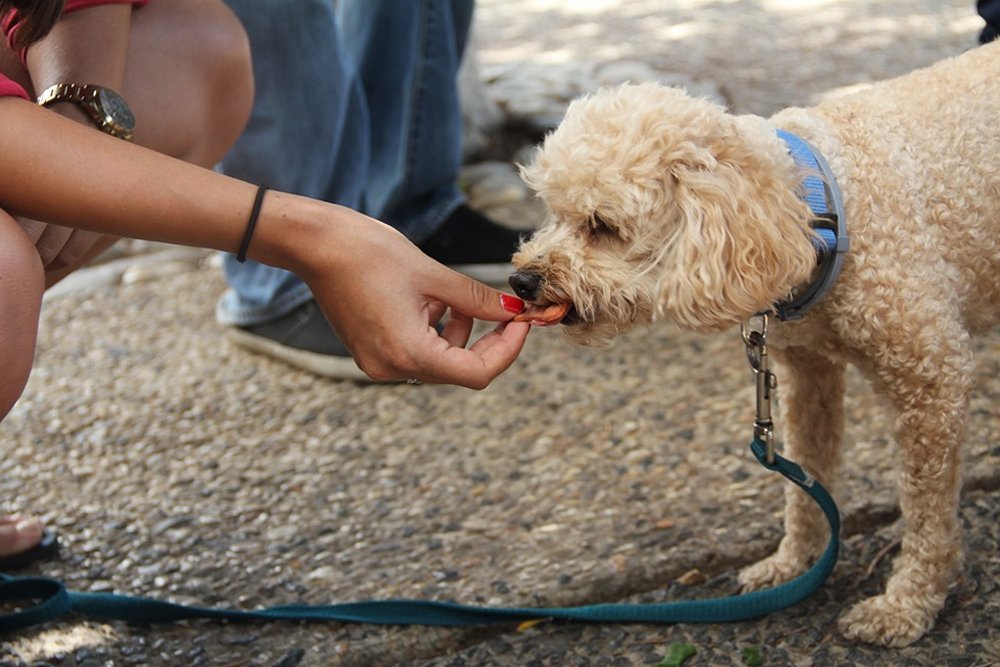
One of the dangerous snacks—besides chocolate—that you need to keep away from dogs may seem quite benign. Dogs also like eating them, as they’re fun to chew and sweet to taste—grapes. Unfortunately, grapes (and raisins) are toxic for dogs, so even if your dog seems to want to eat grapes, you must keep your dog from eating it.
Recently, veterinarians have discovered that grapes, raisins and currants, i.e., fruits from the Vitis genus, can cause digestive problems and may even lead to kidney failure in dogs. The number of cases pertaining to illness in dogs due to eating grapes is on the rise. According to the ASPCA Animal Poison Control Center, there were more than 3,000 calls last year involving the ingestion of grapes alone.
Recommended Video for you:
Why Are Grapes Toxic To Dogs?
The reason for this toxicity is presently unknown and is widely debated among veterans and animal care experts. Some experts point to mycotoxin—a toxic substance produced by a fungus. However, others feel that it’s due to the salicylate naturally found in grapes. Some studies have linked a reduction of blood flow to the kidney in dogs with salicylate, but the exact toxic agent has yet to be confirmed.
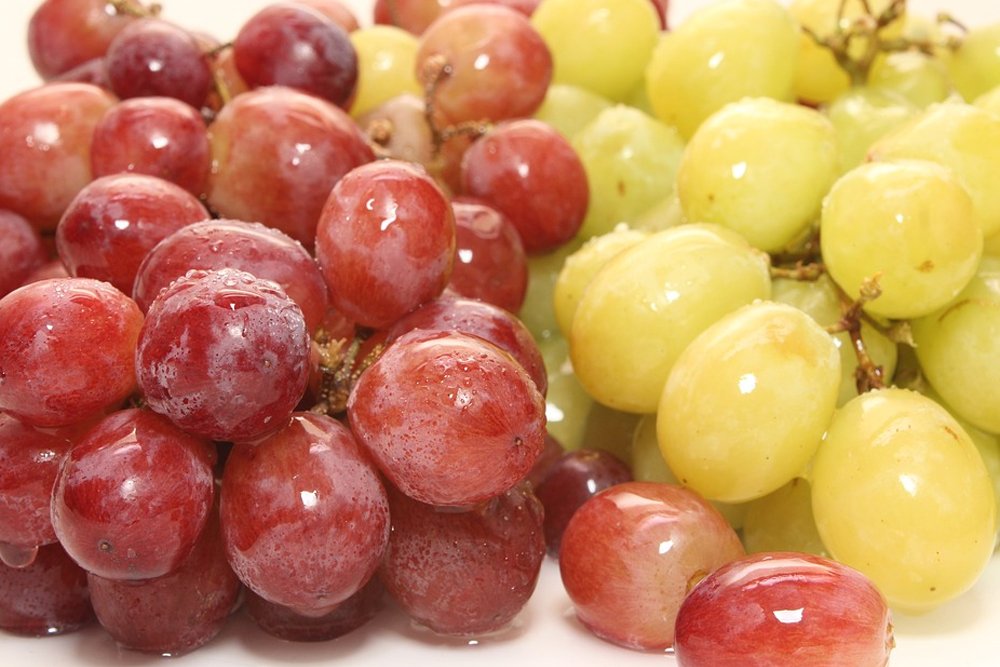
What Types Of Grapes Are Toxic To Dogs?
Poisoning can occur in dogs after the ingestion of either seedless or seeded grape varieties. Green or red grapes, raisins, and grape pressings from wineries are all toxic for dogs. Foods containing grapes, raisins and currants, such as trail mix, granola mix, baked goods etc. can lead to symptoms of poisoning upon consumption.
Unfortunately, there is currently no standard that establishes a clear link between dosage and toxicity. However, veterans point out two factors that are critical to grape toxicity. Firstly, if dogs consume or ingest large amounts of grapes, they’re more likely to be poisoned. Secondly, there is significant variation in toxic sensitivity to grapes amongst different breeds of dogs. Some dogs can tolerate small doses of grapes or raisins without demonstrating any dire symptoms, while other dogs may start experiencing the negative effects of consuming grapes right after ingesting a grape or two.
What Are The Symptoms Of Grape Toxicity?
By this point in the article, you may be wondering what actually happens when your dog consumes grapes. Well, the first symptom that your dog may show after consuming grapes is vomiting—usually within 20-25 hours of ingestion. Lethargy, a lack of appetite and diarrhea will likely be witnessed in the next 10-15 hours. Further severe signs are seldom seen 48 hours after ingestion, as that is when kidney failure is likely to commence. Signs of kidney failure include nausea, excessive thirst, uremic breaths, abdominal pain and frequent urination.
What Should You Do If Your Dog Has Consumed Grapes?
If you’ve seen your dog eating grapes or suspect that your dog has consumed some, you must quickly contact your veterinarian or pet poison helpline. This is an emergency, so you should not waste time. As with the case of any poisoning, the sooner it’s diagnosed, the faster and better it can be treated.
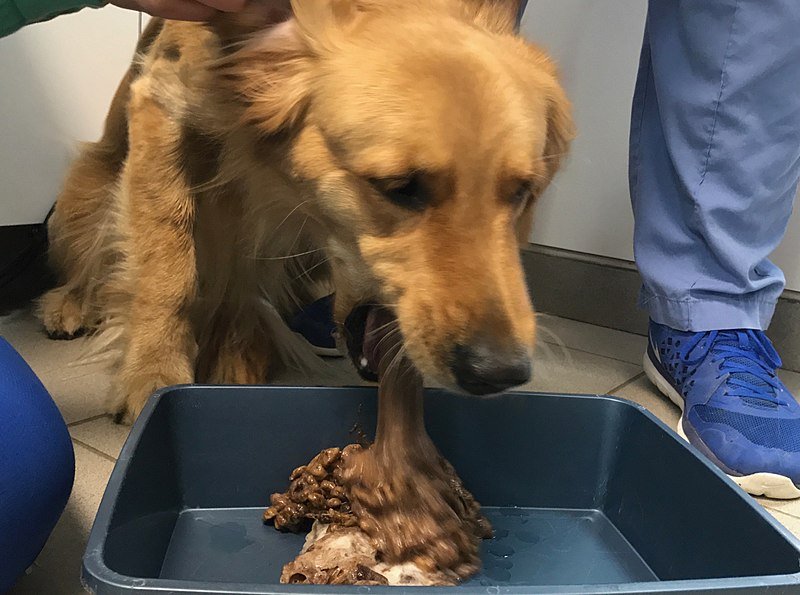
Also, after consulting your veteran, you can try to induce vomiting in your dog if you’re sure that the dog has ingested grapes an hour or two earlier. However, if your dog has already vomited, don’t attempt to force any further vomiting. After the initial period of care, regardless of whether or not your dog has vomited, you must rush the dog to a veterinary hospital or pet care center.
Diagnosis And Treatment
A medical diagnosis will be made once you bring your dog to the hospital. In most cases of grape poisoning, diagnoses become easier because the pet owner can often confirm that the dog has, in fact, eaten grapes. If you’re lucky, your dog may eject the grapes in their vomit or fecal matter. Even so, veterinarians will mostly recommend lab tests, such as a blood count, biochemistry profile and urinalysis to assess the toxicity levels and examine the kidney functioning of your pooch.
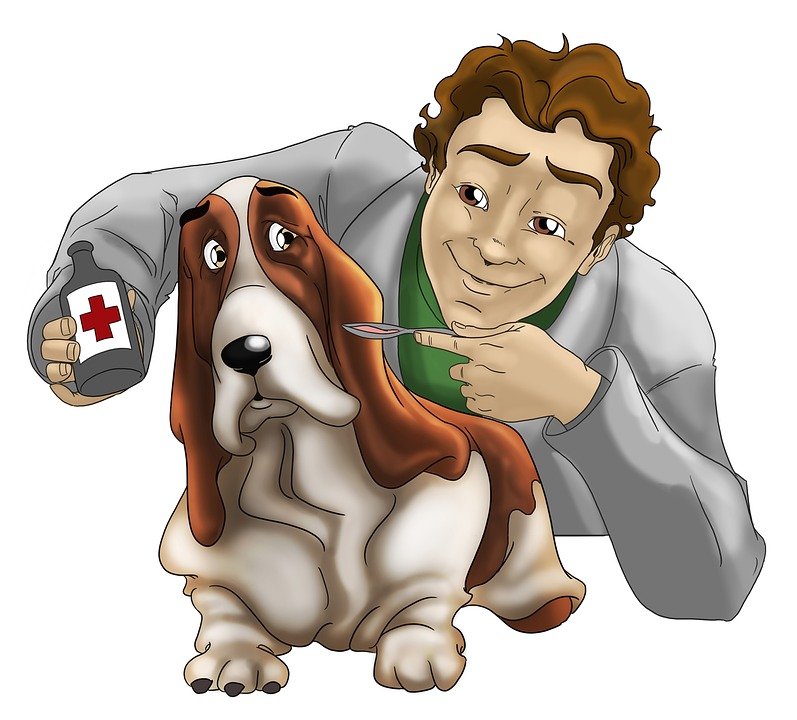
If the dog has not vomited or if attempts by the pet owner to induce vomiting have failed, and the doctor is sure that the dog has ingested grapes, he would most likely begin with a gastric lavage, followed by the administration of activated charcoal to absorb any of the reminiscent toxin in the dog’s body. If needed, the doctor may initiate intravenous fluid therapy for the abstersion of toxic elements from the dog’s bloodstream. Intravenous fluid therapy also assists in stimulating urine production for the flushing out of toxic elements. During this therapy, doctors would also administer medications to control nausea or similar symptoms and maintain the functioning of the kidney. All of this is done while the doctor carefully monitors the kidney’s functioning.
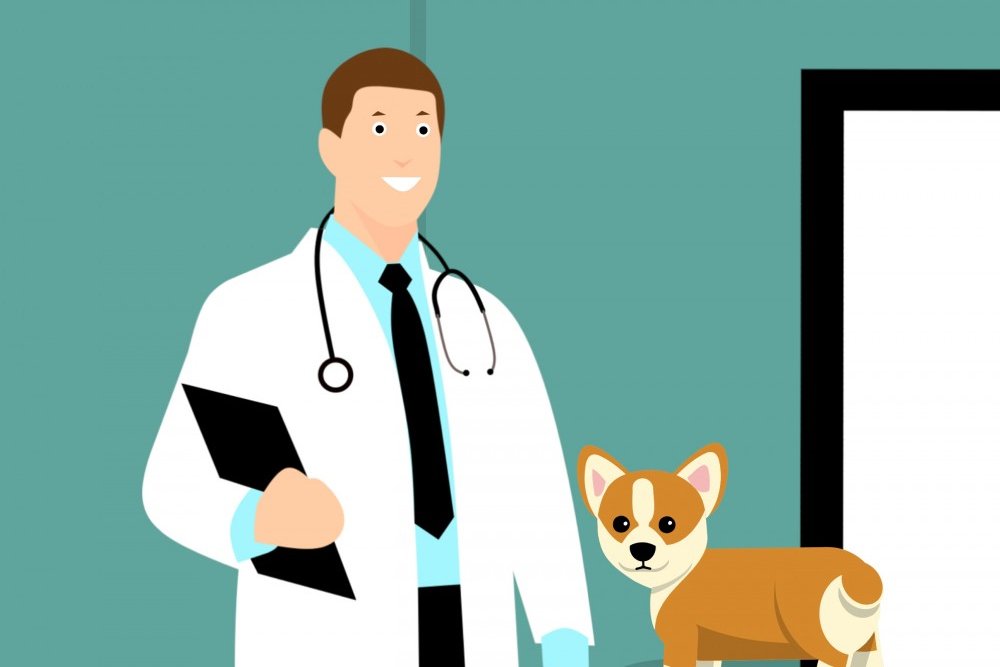
If there is an acute failure of the dog’s kidneys and it can no longer produce urine, the treatment may become grave and is likely to be unsuccessful. Doctors may try hemodialysis to support life until the kidneys can recover. Some may also suggest a kidney transplant, but that is risky and expensive. Euthanasia is usually the only practical option left once a dog’s kidneys have shut down completely.
Prevention Is Better Than Treatment
It is strictly advised to keep grapes, raisins and currants away from your dog’s curious nose, as your unsuspecting canine companion is likely to consume it without a second thought. Also, make sure that all the members of your family are aware of the food toxicity that can be caused by grapes. Similarly, there are other food items like chocolate, onions and garlic that have been found to be toxic for dogs. If your dog has ingested these items, take action immediately to give your dog the best chance to survive without any serious side effects.
References (click to expand)
- Morrow, C. M. K., Valli, V. E., Volmer, P. A., & Eubig, P. A. (2005, May). Canine Renal Pathology Associated with Grape or Raisin Ingestion: 10 Cases. Journal of Veterinary Diagnostic Investigation. SAGE Publications.
- Lees, G. E., Brown, S. A., Elliott, J., Grauer, G. F., & Vaden, S. L. (2005, May). Assessment and Management of Proteinuria in Dogs and Cats: 2004 ACVIM Forum Consensus Statement (Small Animal). Journal of Veterinary Internal Medicine. Wiley.



